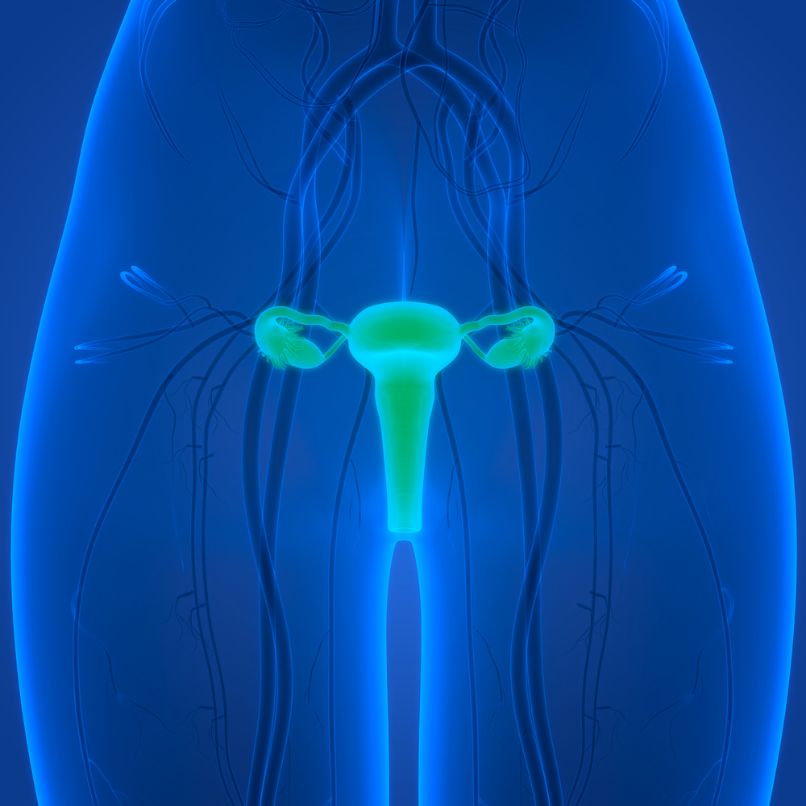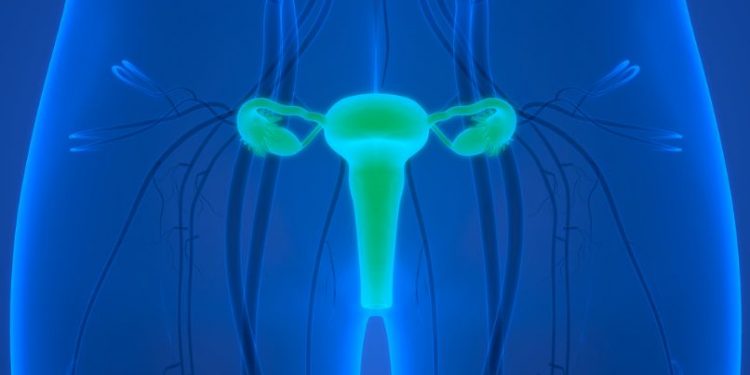The uterus is the pear-shaped organ where babies grow, and it can be diagnosed with one of two kinds of cancer: endometrial cancer or uterine sarcoma. Both start in the inner lining of the uterus (the endometrium), but they can also begin in the muscles of the uterus or surrounding tissue.
Women with uterine cancer who receive treatment at an early stage have a good prognosis, but the outlook is less certain for those with more advanced disease. Advanced uterine cancer is more likely to have spread to other parts of the body, so it may be harder to cure. If you have a diagnosis of uterine cancer, it’s important to talk with your doctor about your symptoms and how they’re changing over time.
Symptoms of uterine cancer can include vaginal bleeding that’s heavier or longer than usual, a feeling of pressure in your pelvis, or painful cramping. Some people who have advanced uterine cancer also have weight loss, fatigue, or difficulty breathing.
If you have any of these symptoms, it’s important to see your gynecologist right away. They can run tests to check for uterine cancer, and they can also recommend treatments that can slow or stop the growth of the tumors.

Your doctor will want to know how long you’ve been having the symptoms before making a diagnosis. They’ll also ask whether your symptoms have been getting worse or staying the same.
The doctor will use these and other symptoms to figure out your uterine cancer staging. The stage is a way to tell how much the cancer has grown and what kind of treatment will work best for you.
There are several ways to decide your stage, but doctors most often use the TNM system. This method includes a description of the size of the tumor and whether it has spread to nearby lymph nodes.
Your risk of uterine cancer increases with age. So if you’re older than 50 and haven’t started menopause, it’s especially important to tell your doctor about any unusual symptoms.
Other factors that raise your risk for uterine cancer include having a family history of gynecologic cancer, starting periods before age 12, and going through menopause later than average. Having a hysterectomy or having previously had radiation to your pelvis can also increase your risk. If you have a family history of gynecologic or other types of cancer, it’s especially important to get regular screenings with your gynecologist. This can help detect cancer at an early stage, when it’s easier to treat.









